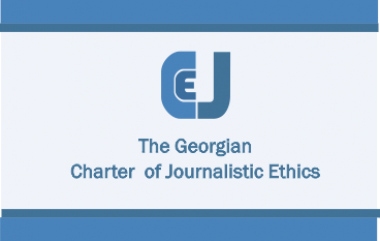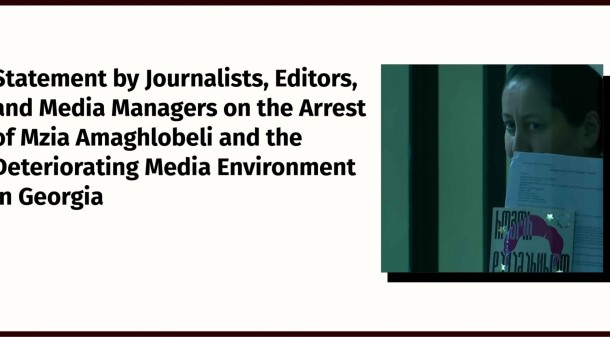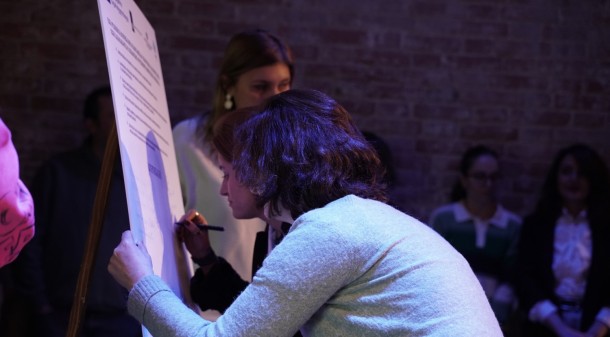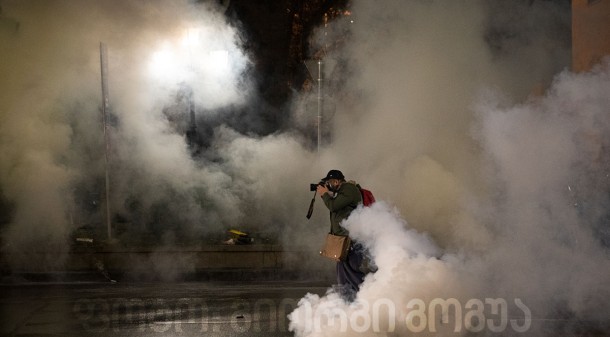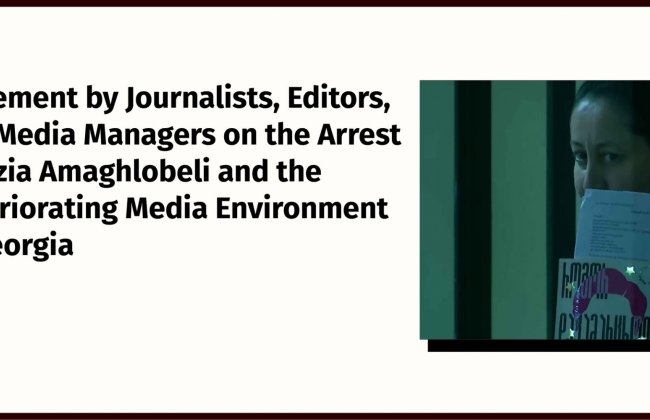27.01.2019
Category : Statements;
- Maintain skepticism and assess critically any material provided by the Prosecutor’s Office as well as the defence counsel. If a journalist decides to provide information to the public about the evidence of an investigation, first of all, he/she must look at the evidence critically, and put clarifying questions to find out additional details within his/her capabilities and scope instead of disseminating the positions of parties.
- The media must remember that everyone is presumed innocent until proved guilty under a court verdict in the legal force.
- A journalistic product is not necessary to include all the details and visual material of the case. It is important to understand what public interest can be attached to each of these details and what additional information it might be providing to the audience. The media should not forget that it is obliged to protect the privacy of the person, even when it comes to the deceased. Therefore, it must be unacceptable to disclose the details regarding which the public do not have a healthy interest. The media should always remember that any deceased persons have relatives who might feel terrible to hear about such details. "The journalist should respect the personal life of the person and refrain from interfering into the person’s private life unless there is a specific public interest."
- In the event that the parties disclose a piece of information from the closed court hearing, the media should carefully evaluate its importance and think about what new information will be provided to the audience and in whose interest it is to disclose the same.
- The media should carefully cover the personal information about defendants / deceased persons, which might not be in connection with the case considered by the court.
- By covering initially the version of the Prosecutor’s Office, disseminating the information provoking speculations and proposing the defendant as the perpetrator, the media actually damage the institute of the jurors, as, after such coverage, the impartial examination of the case by the jury loses its significance and it is hard to find any jurors who would not have a predetermined opinion and abundant information over the case, which obviously falls within the interest of the Prosecutor's Office.

